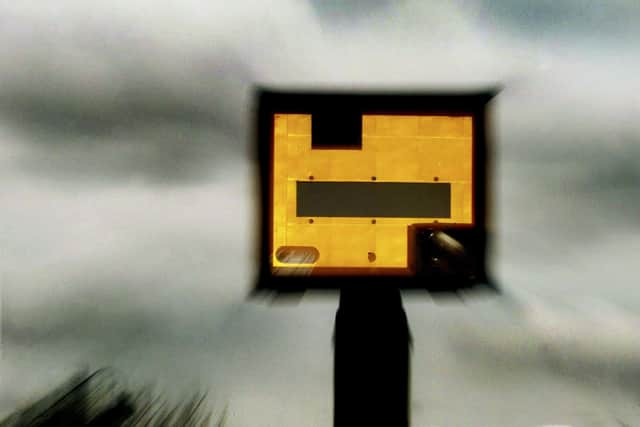15 new average speed cameras to be installed in Bedford
and live on Freeview channel 276
Fifteen new sets of average speed cameras are set to be installed across Bedford this year.
The cameras will be installed in speeding hot spots across Bedford, Kempston, Wilstead, Wixams, Wymington and on the A6.
Advertisement
Advertisement
The council has also secured funding for average speed cameras from the developer of a new housing estate on Cleat Hill in Bedford.


There are 31 locations across the borough where average speed cameras have already been installed – and the council has identified more than 70 additional sites that meet the criteria for the cameras.
Although it is responsible for installing and maintaining average speed cameras, Bedford Borough Council does not get to keep the fines collected from speeding motorists.
Mayor Dave Hodgson said: “Average speed cameras are hugely useful for stopping reckless drivers from putting pedestrians, other road users and themselves at risk. I’ve talked to lots of residents who are concerned about rising road speeds and we want to reassure them that we’re delivering programmes that will lead to meaningful change.
Advertisement
Advertisement
“I’d also call on the government to review their stance on taking the income generated through fines away from local communities. Leaving this funding in the hands of councils means allows us to invest more into traffic calming measures that help us to keep people safe.”
However, Conservative councillor Graeme Coombes criticised the mayor for being “late to the party”.
He said: “Villages in particular, blighted by speeding traffic, have been crying out for speed cameras for a very long time. The mayor has consistently pleaded poverty and told parishes that they would have to pay for their own road safety measures if they wanted them.”
